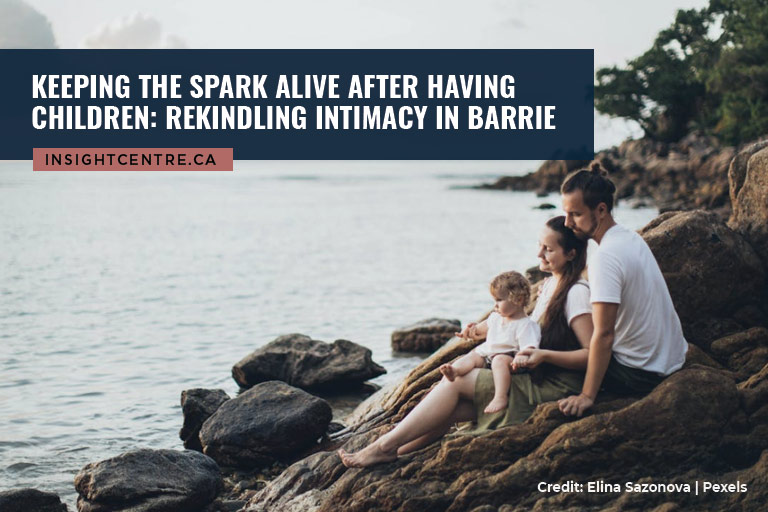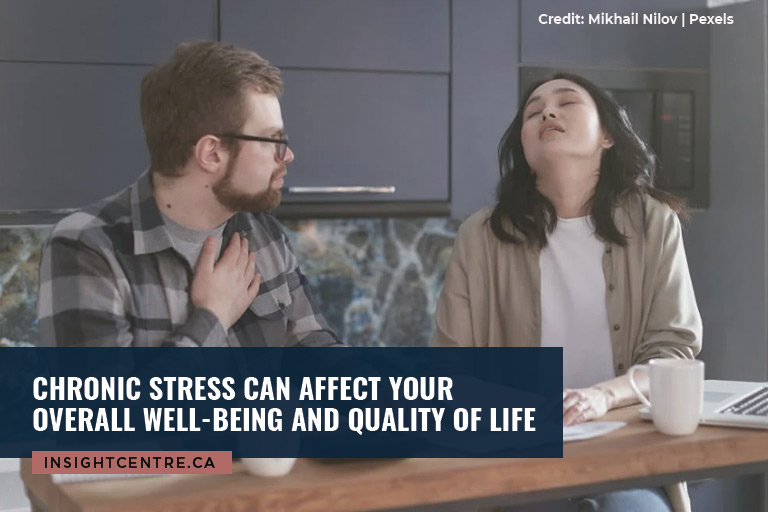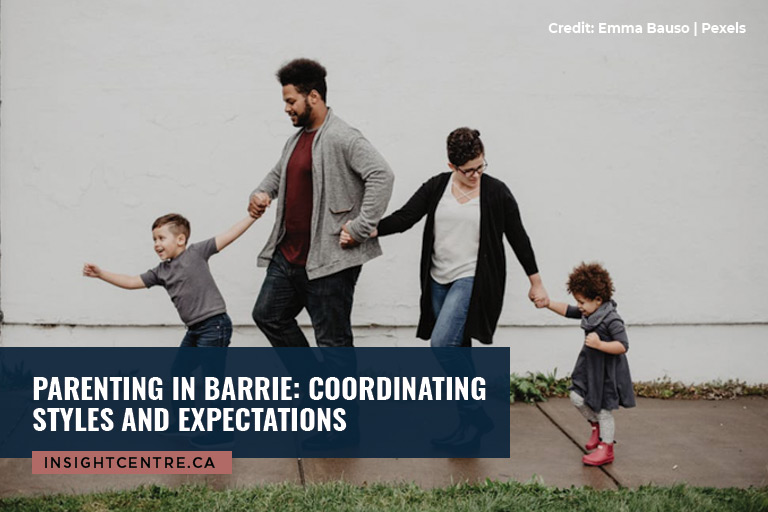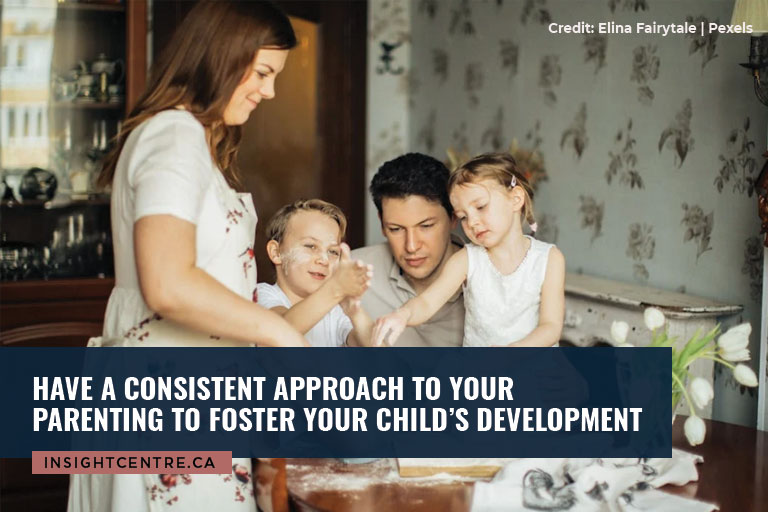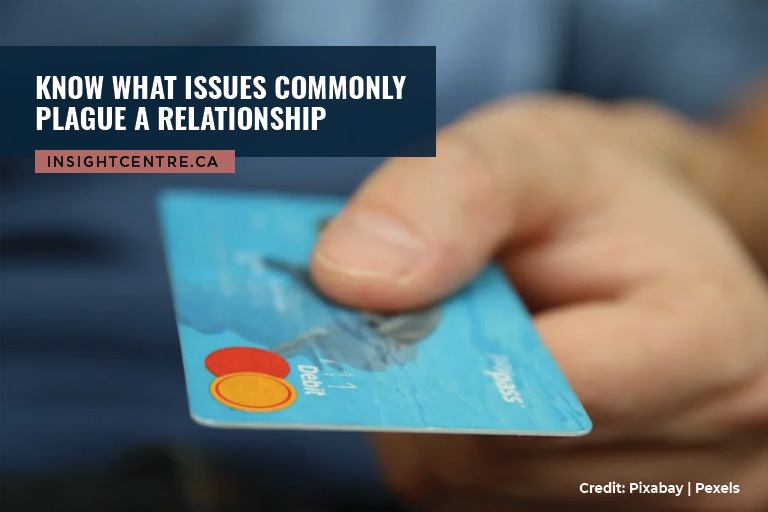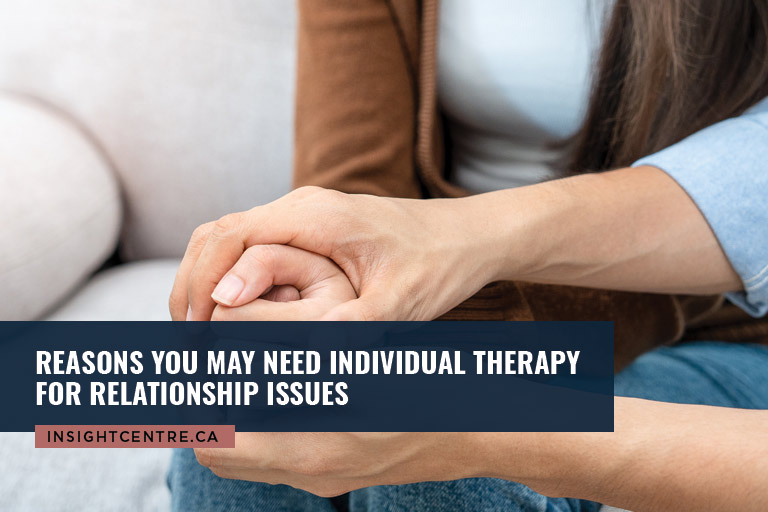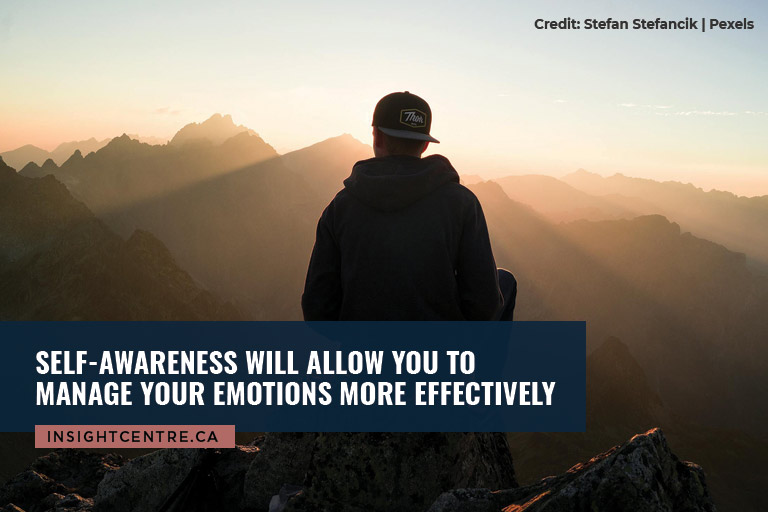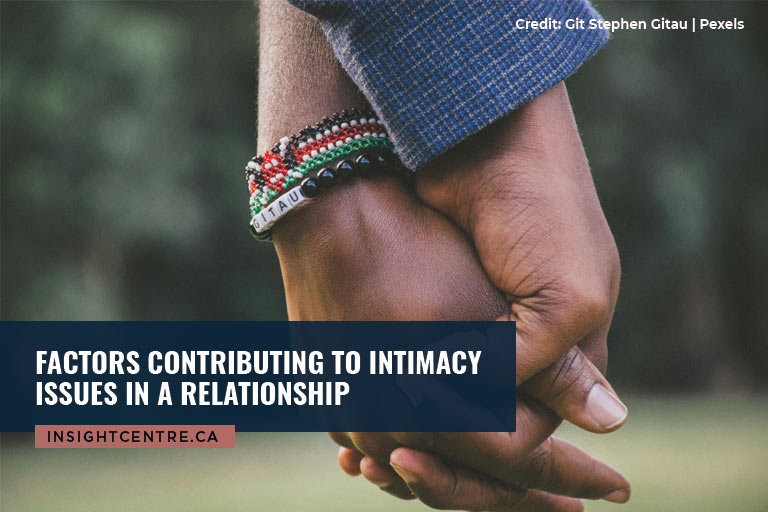Balancing Individual Dreams with Relationship Goals in Barrie’s Ambitious Community

Barrie, Ontario, is a vibrant city brimming with opportunity. It attracts young professionals, entrepreneurs, and families seeking a dynamic and supportive environment. But with ambition comes the challenge of balancing individual dreams with relationship goals. How do you nurture your personal aspirations while fostering a strong and fulfilling connection with your partner?
This article takes a look at the unique challenges and strategies for managing this delicate balance in Barrie’s hypercompetitive community.
Challenges of Barrie’s Ambitious Culture
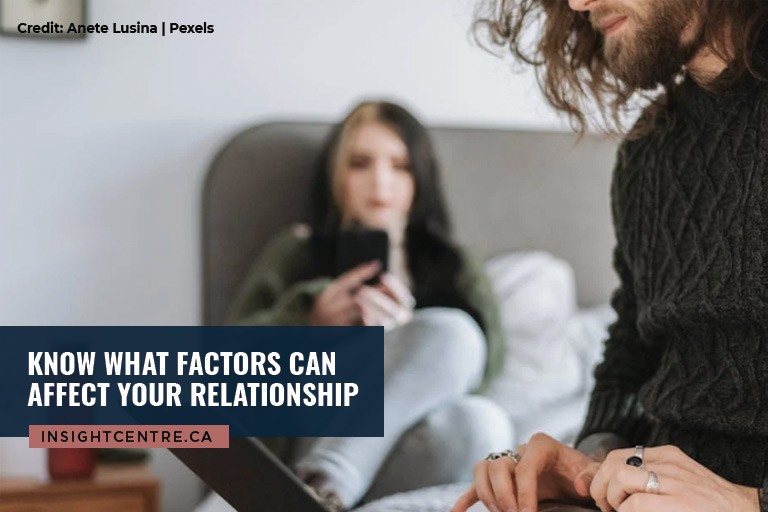
Competitive Environment
Barrie’s fast-paced lifestyle can sometimes lead to feelings of inadequacy or competition within relationships. Social media and the abundance of success stories in Barrie can fuel these feelings of inadequacy. One partner might feel pressured to match the other’s achievements, leading to resentment and a sense of falling behind. It’s important to focus on each other’s strengths and celebrate individual successes without comparing them to others.
Burnout and Work-Life Balance
Long hours and intense work pressure can take a toll on relationships. It can create pressure to prioritize career goals at the expense of nurturing relationships. Partners may feel like they need to be constantly “on” and struggle to carve out time for quality connection. TopDoctors contributor, Dr. Catherine Sykes, states that when you’re in a state of burnout or en route to burnout, “You may forget your partner has needs, is human and instead, experience your partner as just another demand on your energy. This makes the other person feel devalued.” This makes it the perfect recipe for worsening conflict.
Seeking External Validation
The focus on achievement can sometimes lead to seeking validation from external sources rather than within the relationship. Remember, your partner’s support and encouragement are invaluable.
Competing Priorities
Because Barrie’s hypercompetitive environment encourages goal-setting and striving for success, this can lead to partners having competing priorities. One might be focused on career advancement, requiring long hours and travel, while the other prioritizes starting a family or pursuing creative passions.
Embracing Individuality: Making Room for Personal Growth
Maintaining Personal Growth
An important aspect of a healthy relationship is allowing space for each individual to grow and evolve. Encourage your partner to pursue hobbies and interests outside the relationship, and allow yourself the same freedom.
Respecting Boundaries
While communication is essential, it’s equally important to respect personal boundaries. Not every detail needs to be shared, and allowing space for solitude can be beneficial for both partners.
Embrace the Journey
Personal growth is an ongoing process. There will be times when your own dreams require sacrifices or adjustments. Be flexible and supportive of each other’s evolving needs and aspirations.
Negotiating Compromise: Finding the “We” in “Me” and “You”

Here are some strategies to balance your own dreams and your relationship:
Have a Shared Vision
Discuss and create a shared vision for the future. This can include travel plans, financial goals, and desired living arrangements. While individual goals can still exist within this framework, a shared vision provides a sense of direction for the relationship.
Establish Ground Rules
Setting clear ground rules around work hours, household responsibilities, and personal spending can help prevent resentment and create a more equitable environment. This ensures that one partner isn’t burdened with daily tasks while the other pursues their ambitions.
Practice Open Communication
Regular, honest communication is vital. Discuss long-term goals, anxieties, and frustrations openly. Active listening and empathetic responses go a long way in building a supportive environment.
Learn to Negotiate
Be open to negotiation and compromise. Discuss your priorities and desires, and be willing to find solutions that work for both of you.
Celebrate Milestones
Acknowledge and celebrate both individual and shared successes. Taking the time to appreciate each other’s achievements strengthens the bond and reinforces the value of supporting each other’s dreams. This fosters a sense of partnership and strengthens the foundation of your relationship.
Prioritize Quality Time
Even the busiest couples need dedicated time together. Schedule regular date nights or weekend getaways, or simply carve out time for uninterrupted conversation. This helps maintain intimacy and strengthen the emotional bond.
Be Flexible
Life is rarely a linear path. Dreams and aspirations can evolve over time. Be prepared to adapt your plans and goals as needed. Maintaining flexibility within the relationship allows for adjustments as circumstances change. Here’s how to embrace flexibility:
Revisiting Goals
Schedule regular conversations to revisit your individual and shared goals. As priorities and desires shift, update your plans accordingly.
Adaptability
Be prepared to make adjustments as unforeseen circumstances arise. This could involve supporting a partner through job changes or temporary setbacks.
When Communication Fails, Seek Professional Guidance
Even the most committed couples can experience communication breakdowns. Disagreements become arguments, resentments build, and a feeling of disconnection sets in. If these difficulties persist, seeking professional help can be a powerful step towards a more fulfilling relationship.
Therapists aren’t there to judge or dictate solutions; they are trained facilitators who create a safe and neutral space for open communication. They can help couples:
Identify Underlying Issues
Communication breakdowns often stem from deeper issues like unresolved conflicts, unmet needs, or past hurts. Therapists can guide couples in uncovering these issues, allowing for a deeper understanding of their struggles.
Develop Effective Communication Skills
Many couples struggle to express themselves clearly or listen actively to their partner. Therapists can teach valuable communication skills, such as active listening, assertive communication, and expressing needs effectively.
Have Difficult Conversations
Discussing sensitive topics can be emotionally charged. Therapists can help couples approach challenging conversations calmly and constructively, promoting a sense of respect and understanding.
Develop Conflict Resolution Strategies
Conflict is inevitable in any relationship. Therapists can equip couples with healthy conflict resolution strategies, allowing them to address disagreements constructively and reach mutually beneficial solutions.
Strengthen Emotional Intimacy
Communication breakdowns often lead to feelings of isolation. Therapists can guide couples in rebuilding trust, fostering emotional connection, and strengthening the bond they share.
Strengthen Your Relationship with Psychotherapy
Insight Centre Counselling & Psychotherapy, located in Barrie, is here to help couples find the sweet spot when managing individual dreams and relationship goals. Our experienced therapists can provide you with the tools and strategies to foster open communication, support individual growth, and build a strong and supportive partnership.
Call us today at +1 647-633-1928 to schedule a couples counselling appointment and start your journey toward a more fulfilling and harmonious relationship.


